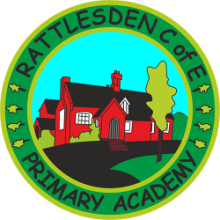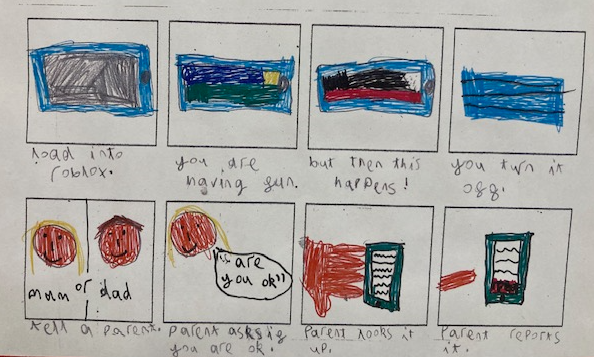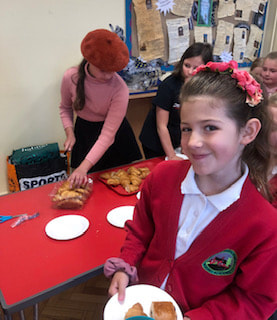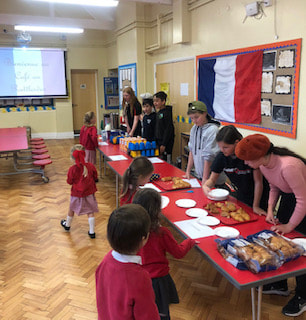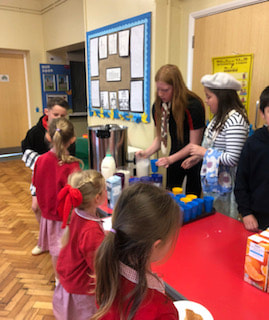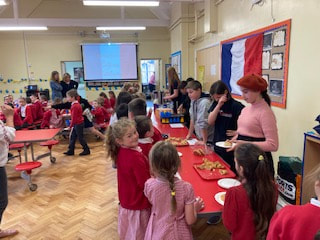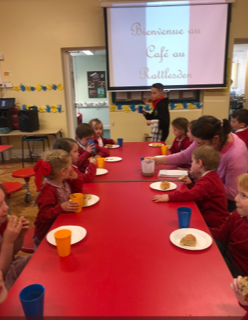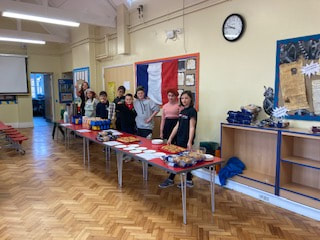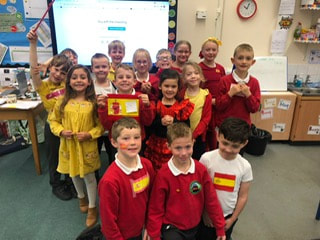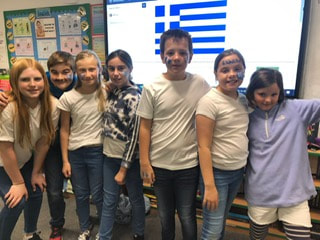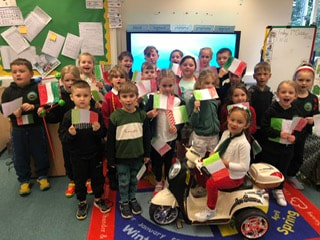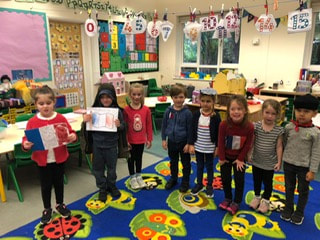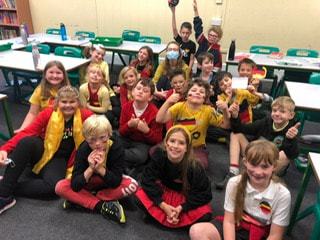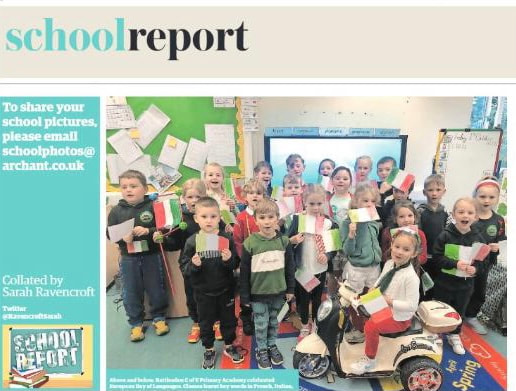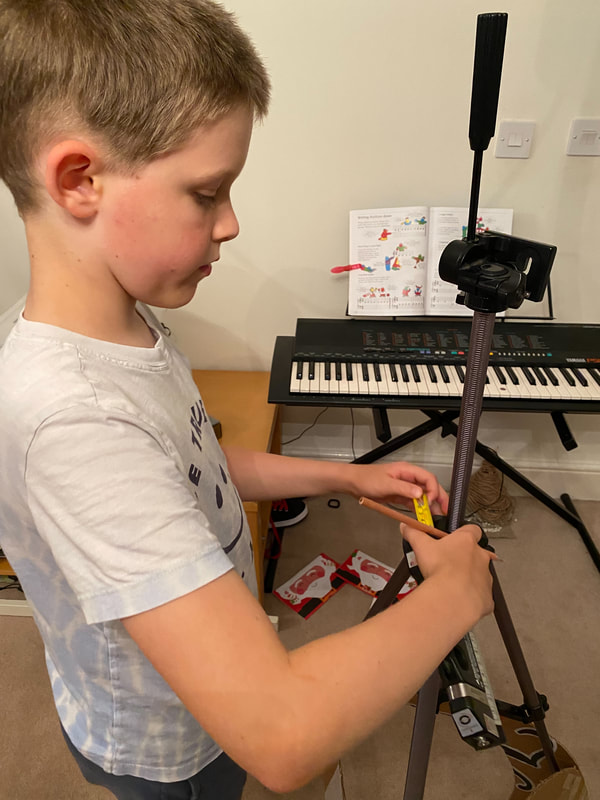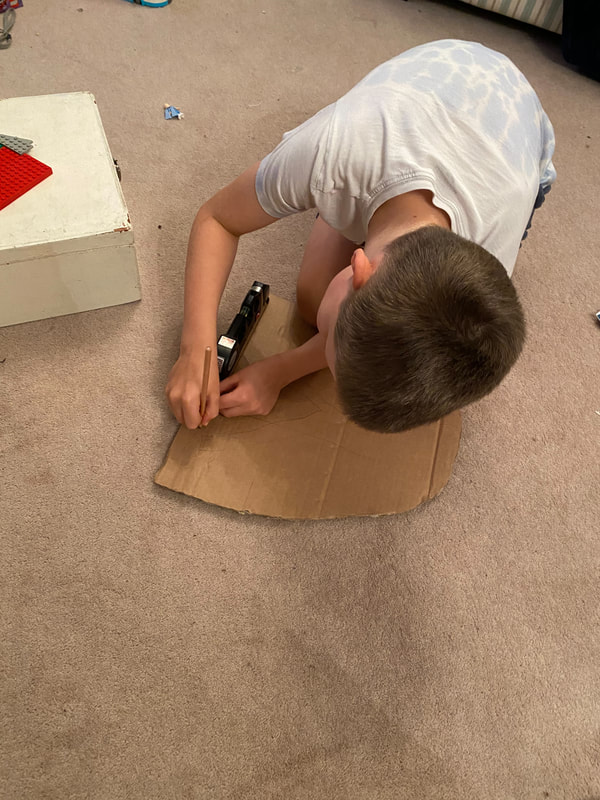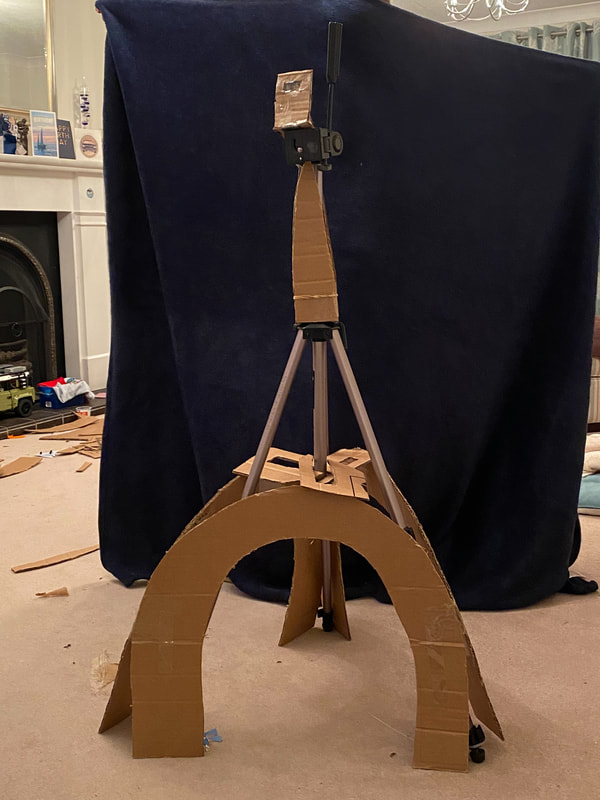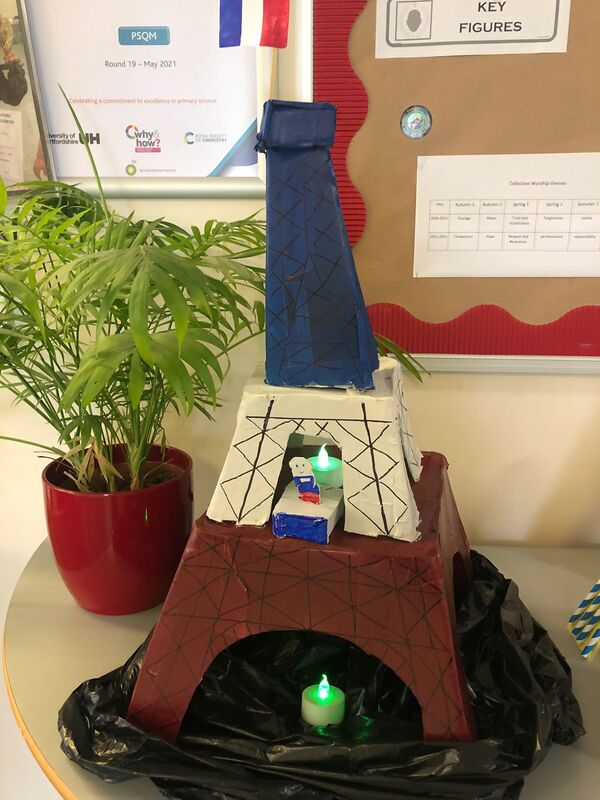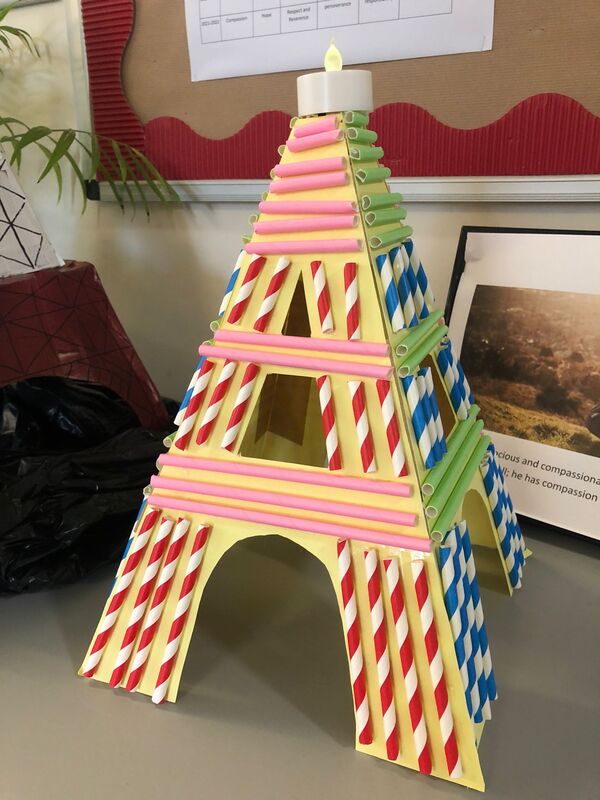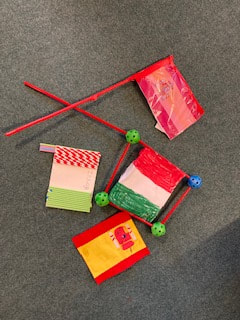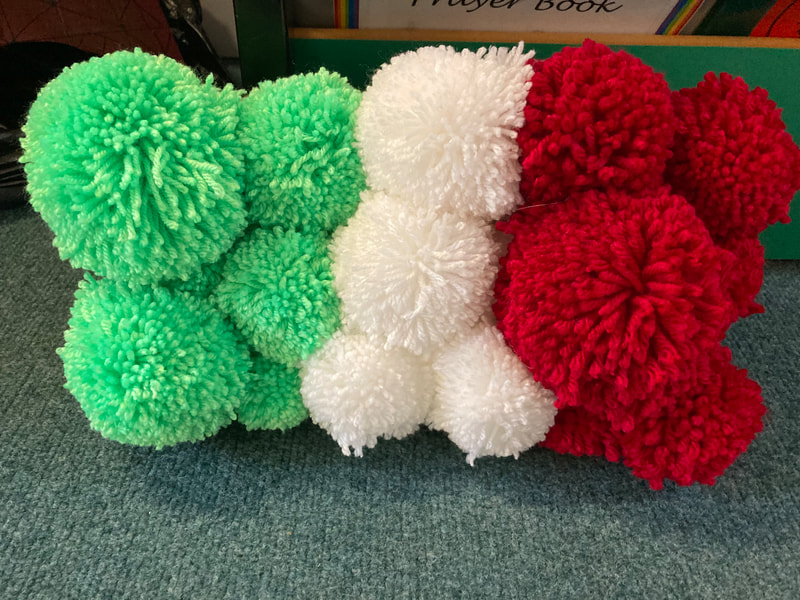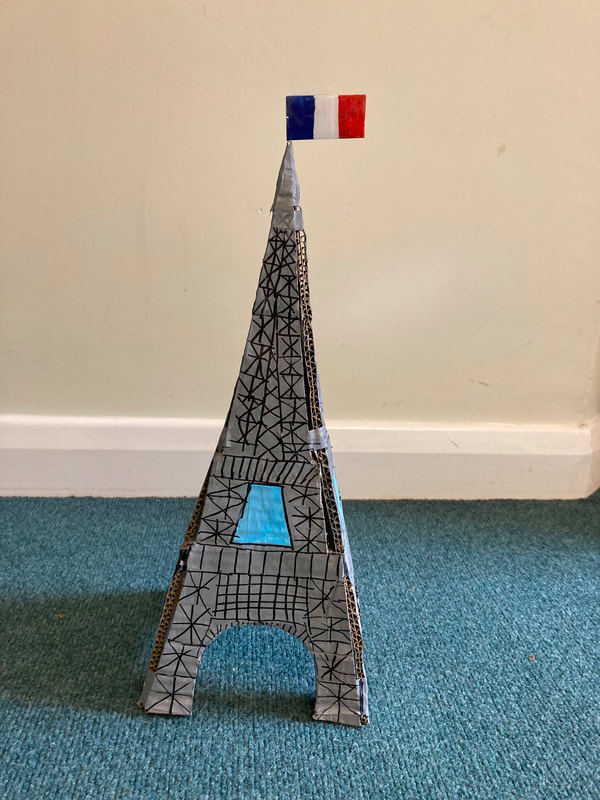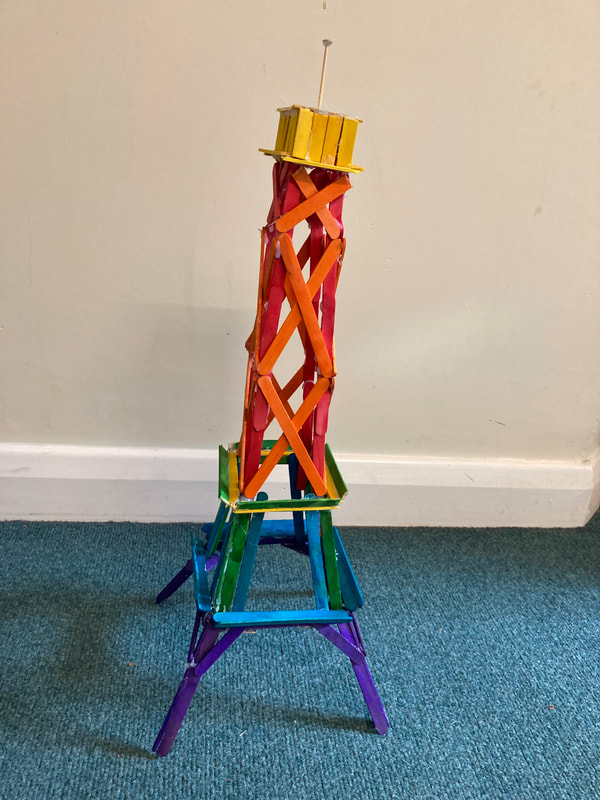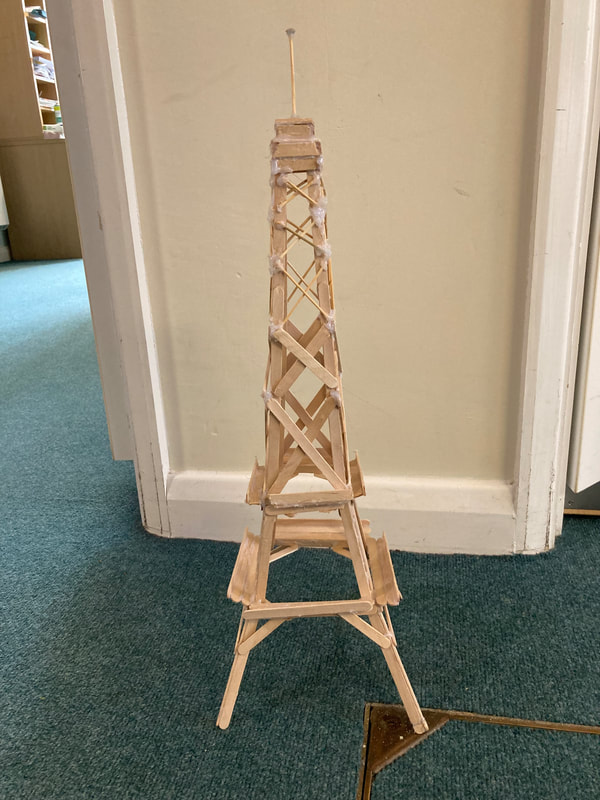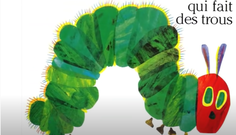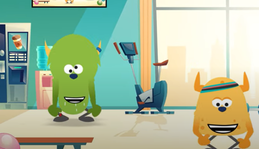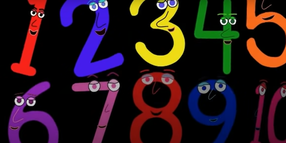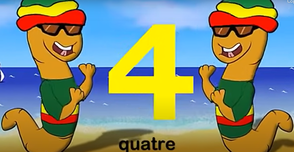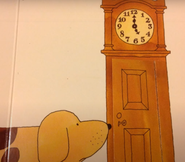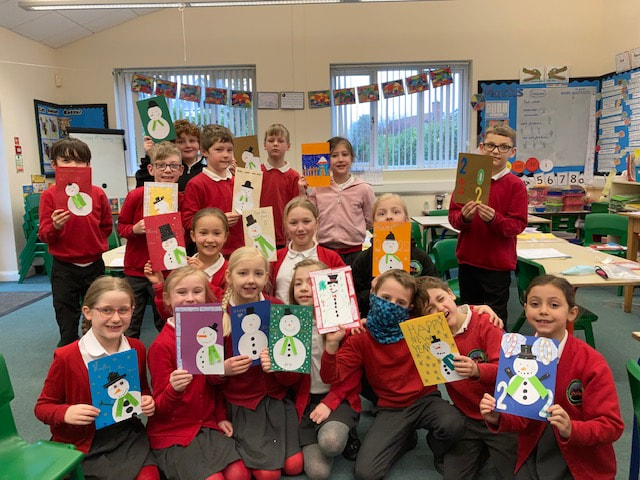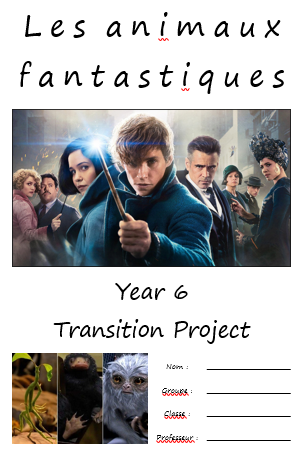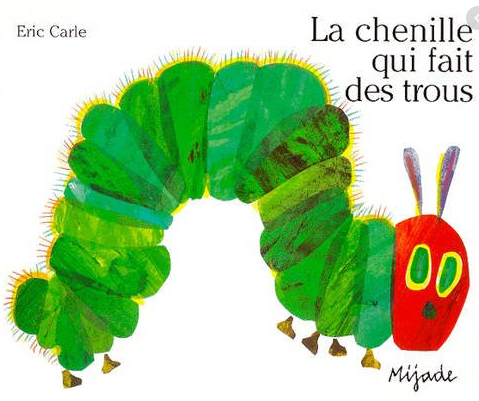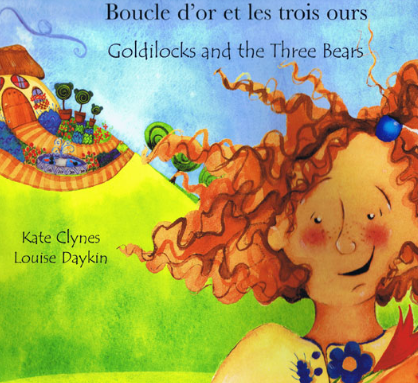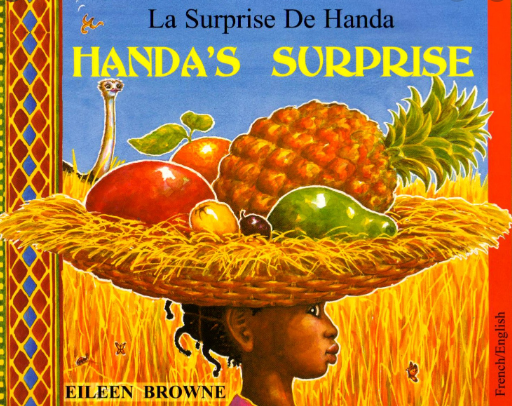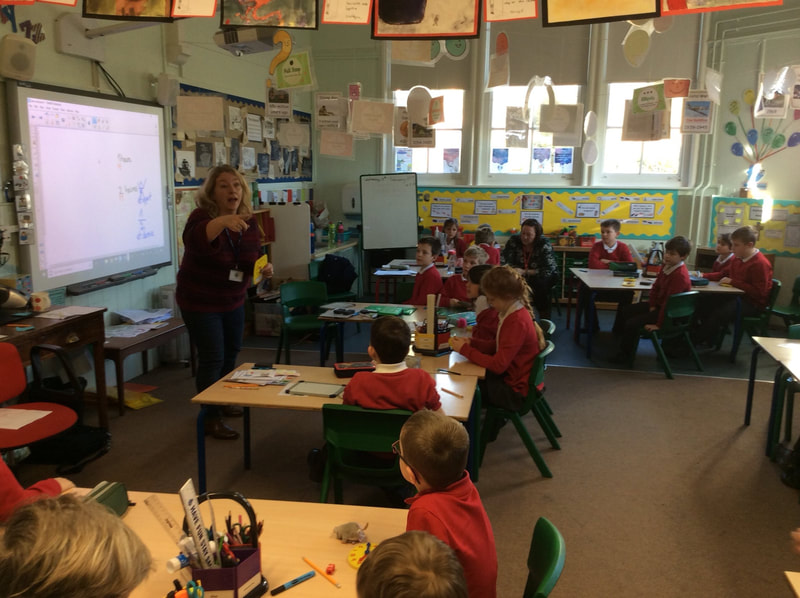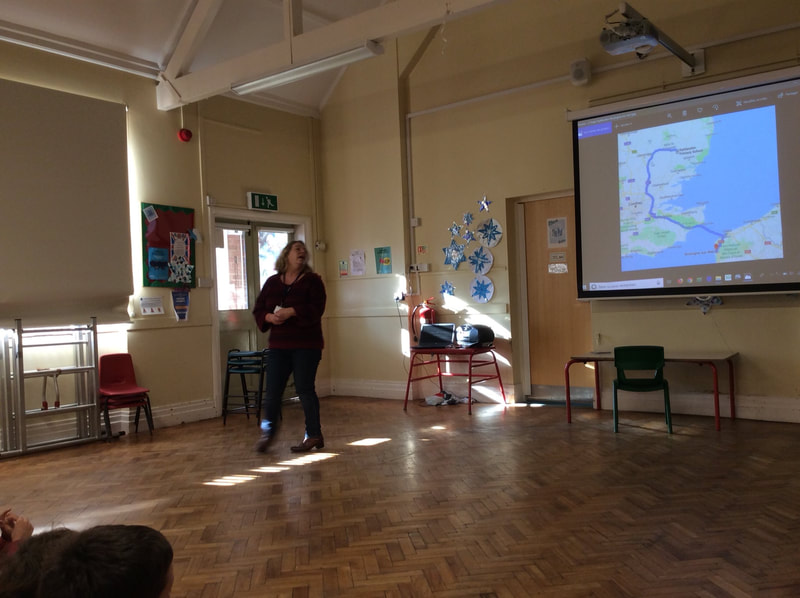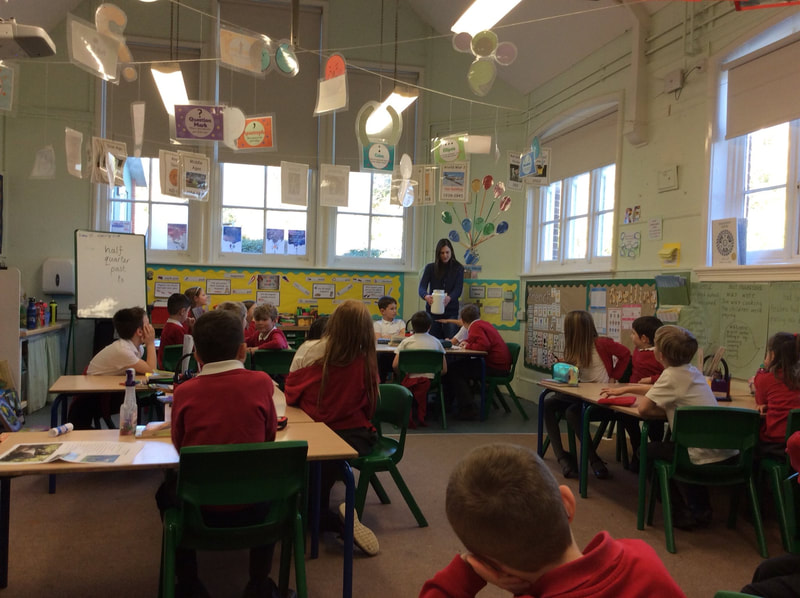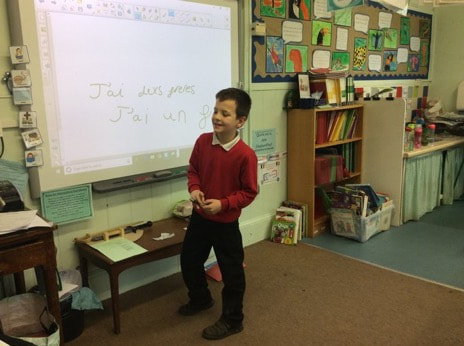French Day 2024
Our Year 6 children led activities to help embed some of the key vocabulary of French. There was also food tasting and learning a French songs, which we sung in collective worship. Each class got to visit throughout the day.
European Day of Languages September 2021
Each Class chose a language to learn throughout the week and shared it with the school on the Friday. The children came dressed in either the flag colour or wearing something associated with that country on the Friday. We challenges the children to get creative and make a model of the Eiffel Tower or a European flag.
We have had a few more entries to our Eiffel Tower and Flag making competition.
Intent
It is our intent at Rattlesden Primary Academy to provide all our children with a high-quality, enjoyable and challenging education in Modern Foreign Languages (MFL), which develops their love of learning and genuine interest and curiosity about other languages and cultures and helps provide them with an understanding of the world and a desire to continue their language learning beyond KS2. We want our pupils to know how important languages will be in their future.
We aim to build the children’s ‘cultural capital’ so that they have a knowledge and understanding of the richness and diversity between cultures. Although our current MFL taught is French, we strive to provide children with opportunities to experience a range of other languages and cultures and celebrate the diversity of our community and the languages they speak.
All pupils at Rattlesden will be expected to achieve their full potential throughout their time with us. The ultimate aim is that pupils will feel confident engaging in spoken French, develop and embed the essential skills in reading, listening and writing and apply grammar rules in all these areas.
We believe that learning another language gives children a new and broader perspective on the world, encouraging them to understand their own culture and language and those of others, which feeds into our whole school values of RESPECT where many religions and cultures are represented.
Implementation
Children develop their love of language learning and develop confidence, knowledge and skills throughout their time in KS2 through a well-planned and progressive curriculum, taught in blocks, using our scheme of work, ‘Kapow’. Our French curriculum has a focus on speaking, listening, reading and writing skills, as well as making children aware of and able to use grammatical features of the French language. Teachers follow the sequence of lessons from this scheme of work, covering a wide variety of topics and themes and adapted to suit our pupils, providing support and challenge where needed. In addition to this, in each year group, there is a set of key language which will be practiced on a regular basis, such as numbers, days of the week, months of the year and weather.
Key vocabulary is displayed in each classroom to serve as a reminder to the children, which includes vocabulary they will use on a regular basis as well as the vocabulary linked to the particular topic they are learning. Each child also has a vocabulary book which they start in Year 3 and keep until the end of Year 6 where they keep this key vocabulary to use in independent work.
We use role-play, games (included website-based games), stories, songs and rhymes in French to enhance the teaching, put their learning into context, develop vocabulary and phonetic skills and make language learning more enjoyable. The ‘Kapow’ scheme of work uses ICT to make our language learning interactive, visual and engaging for the children. We also use well-known stories written in French in each year group in order for the children to make links with and extend the skills and knowledge they have learnt and make learning meaningful.
At Rattlesden Primary Academy, the children develop their intercultural understanding and appreciation of diversity through whole school celebrations of world festivals and events, including European Day of Languages, through class activities, displays, collective worship and charity events. In addition to this, the children are taught about various aspects of different cultures as part of the planned language curriculum, to ensure the children are taught about a variety of aspects of different cultures. We also have a link with a French school, which allows the children to not only read and write for a real purpose, it also allows them to explore the cultural differences between the two schools. Each year, children in Year 6 hold a French café, which the whole school attends. The children are encouraged to speak in French and key vocabulary is practiced beforehand. This allows for the children to practice their oracy skills, put their learning into a real-life situation and introduce our key stage one children to language learning in a fun way.
Although languages are not formally taught to children in key stage one, children are exposed and introduced to different languages and cultures through whole school celebrations, songs, our French café and saying the register in different languages.
Impact
The implementation of our curriculum results in a fun, engaging, and high-quality MFL curriculum and ensures when children leave Rattlesden, they have developed the key language learning skills of speaking, listening, reading and writing; developed an awareness that language has structure and how language learning can be applied to other languages; as well as fostering a love of languages, desire to continue language learning beyond KS2 and develop a deeper understanding of other cultures.
The quality of children’s learning and evidence of progression is captured and monitored through the children’s French books as well as pupil perceptions. The children’s French books move with pupils from year 3 to year 6 so that previous learning is accessible to all and ensures there is progression of skills and knowledge as the children move through key stage two. Pupils will continuously build on their previous knowledge as they progress in their foreign language learning journey through Rattlesden.
Teachers assess the children’s learning against intended outcomes from our progression document which is differentiated into each year group, to inform future planning, ensure all pupils make good progress and to inform end of year academic levels.
Online Resources to use at home:
www.duolingo.com
www.bbc.co.uk/bitesize/subjects/z39d7ty
https://www.french-games.net/
Songs and stories in French:
We have French pen pals in Boulogne-Sur-Mer which we write to a few times a year.
Texts used to support our French curriculum:
Rattlesden welcomed two teachers from a school in Boulogne in France. They shared stories and songs with the children and taught some French to the older pupils.
Find Us |
|
Website by lizhawkins.co.uk
